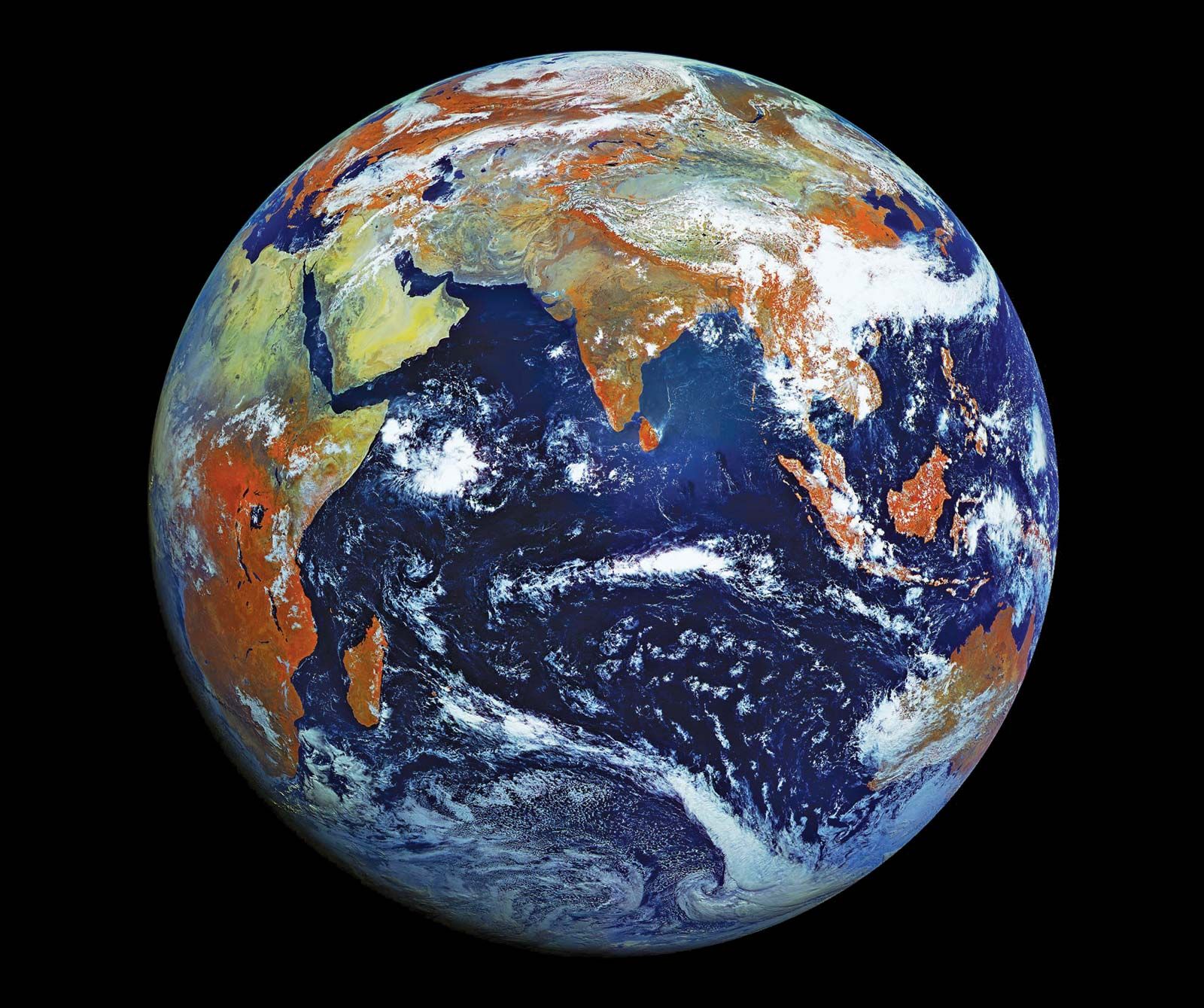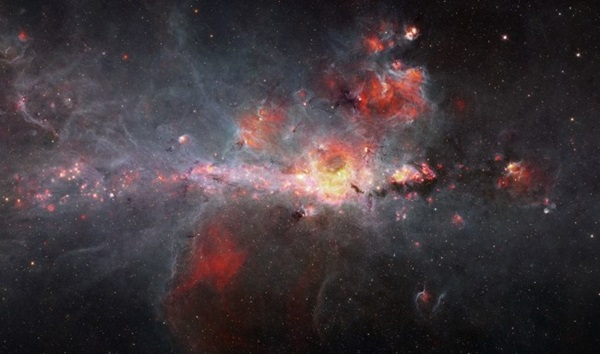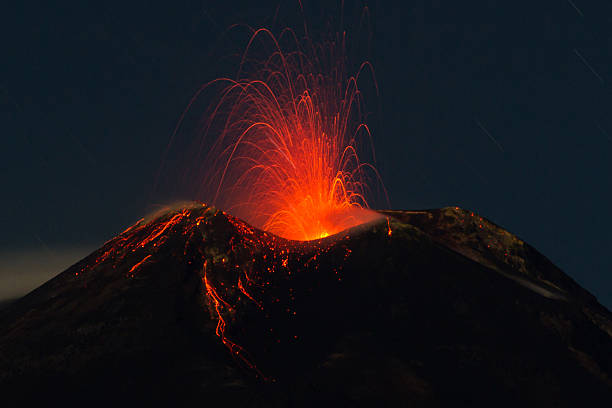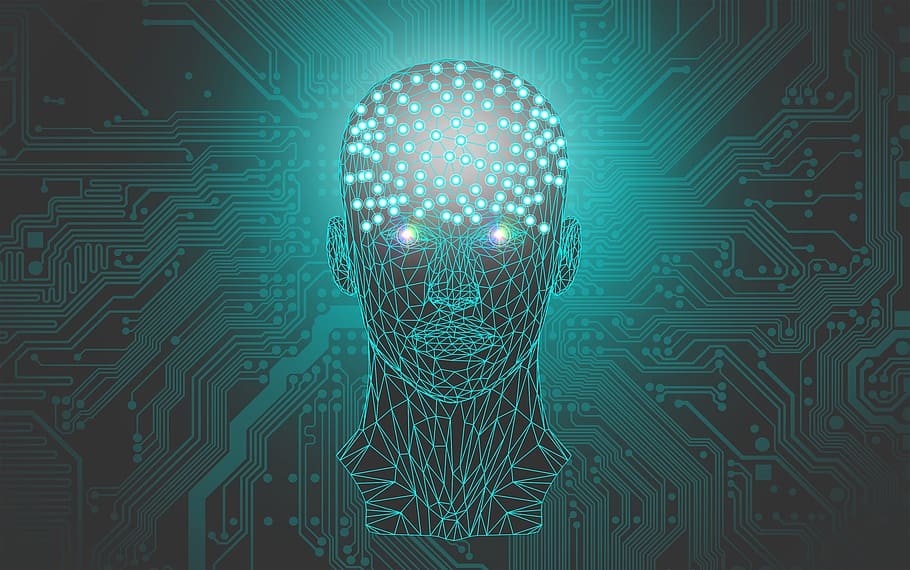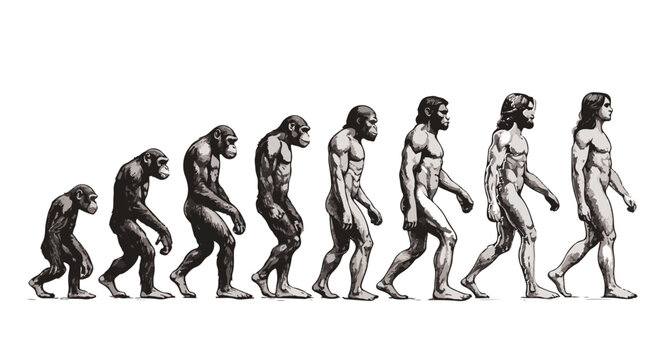Humanity has always been fascinated by the future. From ancient stargazers to modern scientists, people have wondered what lies ahead and how science and technology will reshape our world. Unlike fortune tellers or prophets, science approaches the future with evidence, logic, and imagination. While no one can predict the future with perfect accuracy, scientists use current knowledge, data, and trends to forecast where we may be heading.
Some predictions are optimistic, filled with visions of medical breakthroughs, clean energy, and interstellar travel. Others are warnings—scenarios that demand urgent action to avoid disaster. Together, they reveal a future both full of promise and fraught with challenges.
Here are 15 of the most important scientific predictions about the future—forecasts that could define the fate of humanity and the planet.
1. Human Lifespans Will Dramatically Increase
Advances in medicine, biotechnology, and genetics are expected to extend human lifespans far beyond today’s limits. Scientists are already experimenting with anti-aging therapies, including gene editing, cellular rejuvenation, and senolytic drugs that target aging cells.
Some predict that children born in the 21st century could regularly live past 100 years, with many reaching 120 or beyond. Radical thinkers even suggest the possibility of “biological immortality,” where aging could be slowed or reversed.
But extending lifespan raises questions: Will longer lives mean healthier years, or just prolonged decline? And how will societies adapt to populations where the elderly vastly outnumber the young?
2. Climate Change Will Reshape the Planet
Perhaps the most urgent scientific prediction is that climate change will transform Earth in the coming decades. Rising temperatures, melting ice caps, stronger storms, and shifting ecosystems are already being felt.
If emissions continue at current rates, scientists warn of catastrophic consequences: sea levels rising by meters, mass extinctions, food shortages, and widespread displacement of human populations.
At the same time, scientific predictions also highlight potential solutions—renewable energy, carbon capture, and reforestation could mitigate the crisis. The next few decades will determine whether climate change leads to disaster or a new era of sustainable living.
3. Artificial Intelligence Will Surpass Human Intelligence
Artificial Intelligence (AI) is advancing at breathtaking speed. Machines can now compose music, write essays, design drugs, and even diagnose diseases better than doctors. Some scientists predict that within this century, AI could reach Artificial General Intelligence (AGI)—a level of intelligence equal to or greater than humans across all domains.
This could revolutionize every aspect of life: healthcare, education, economics, and even governance. But it also raises existential risks. If superintelligent AI is not aligned with human values, it could become uncontrollable. Scientists stress the importance of developing safe and ethical AI before the technology surpasses us.
4. Humans Will Colonize Other Planets
Space exploration is moving from fantasy to reality. NASA, SpaceX, and other organizations predict that humans could set foot on Mars within the next few decades. Long-term, scientists believe that colonizing other planets will be essential for humanity’s survival.
Establishing colonies on Mars or moons like Europa and Titan could serve as “backup plans” for civilization. Advances in space habitats, life support systems, and terraforming technologies may eventually allow permanent human settlements beyond Earth.
Whether these colonies thrive or fail will depend on how quickly we solve the challenges of space travel, radiation exposure, and resource management.
5. Diseases Like Cancer and Alzheimer’s May Be Cured
The future of medicine is extraordinarily promising. Scientists predict that many of today’s most devastating diseases could be cured within this century.
Using CRISPR and other gene-editing tools, doctors may be able to correct genetic defects before they cause illness. Personalized medicine, based on an individual’s DNA, will allow highly targeted treatments. Immunotherapies already show remarkable success in curing certain cancers, and Alzheimer’s research is making breakthroughs in early detection and treatment.
While complete elimination of disease may be impossible, the future may see humanity living longer, healthier lives free from many illnesses that once seemed unbeatable.
6. Fusion Energy Will Power the World
Energy is at the heart of civilization, and one of the boldest scientific predictions is that nuclear fusion—the same process that powers the sun—will one day provide virtually limitless clean energy.
Unlike current nuclear fission reactors, fusion would be safe, produce no long-lived radioactive waste, and offer almost infinite fuel from hydrogen isotopes. Scientists are making progress with massive projects like ITER in France, and private companies are racing to build smaller, more practical fusion reactors.
If fusion becomes viable, it could transform the world—ending dependence on fossil fuels and ushering in an era of abundant, clean power.
7. Genetic Engineering Will Redefine Humanity
We are entering an age where humans can directly manipulate the code of life. With CRISPR and other genetic tools, scientists predict we will soon be able to edit not just plants and animals but humans themselves.
This could eliminate inherited diseases, enhance intelligence or strength, and even design children with specific traits—a prospect that raises both hope and deep ethical concerns.
Will genetic engineering create a world of “designer babies” and inequality? Or will it be used responsibly to improve health and well-being for all? The choices we make in the coming decades will shape the future of humanity itself.
8. Extinction Events Could Threaten Life on Earth
While science predicts many hopeful advances, it also warns of existential dangers. The Earth has experienced five mass extinctions in its history, and many scientists fear a sixth is already underway—driven by human activity.
Habitat destruction, pollution, overfishing, and climate change are pushing countless species to the brink. Some predict that up to half of all species could disappear by the end of this century if urgent action is not taken.
Humanity itself is not immune. Asteroid impacts, pandemics, nuclear war, and uncontrolled AI are just some of the risks scientists say could threaten our survival. The future will depend on whether we can mitigate these dangers before it is too late.
9. Quantum Computers Will Revolutionize Technology
Classical computers are reaching their limits, but quantum computing promises to break barriers. Scientists predict that quantum machines will be able to solve problems impossible for even the most powerful supercomputers today.
From simulating molecules for drug discovery to optimizing global logistics and cracking unbreakable codes, quantum computing could transform entire industries. But it could also disrupt cybersecurity and global economics.
The race to build practical quantum computers is one of the most intense scientific competitions of the 21st century.
10. Humans Will Merge With Machines
The line between biology and technology is blurring. Scientists predict that future humans may integrate with machines in profound ways—through brain-computer interfaces, bionic limbs, and implanted AI assistants.
This “transhumanist” vision suggests we may one day upload memories, enhance intelligence, and extend consciousness into digital forms. Companies like Neuralink are already developing brain implants that could treat neurological diseases and eventually connect humans directly to the internet.
But this raises profound questions: If our minds can merge with machines, what does it mean to be human?
11. The Oceans Will Be Transformed
The oceans, covering 70% of Earth, will undergo dramatic changes in the future. Scientists predict continued acidification, rising temperatures, and loss of biodiversity due to climate change. Coral reefs may largely vanish, and fisheries could collapse without intervention.
At the same time, future technologies may allow us to harness the oceans more sustainably—through tidal energy, underwater farming, and even floating cities. The fate of the oceans will be one of the defining battles of the coming century.
12. Space Mining Will Become a Reality
Scientists and companies predict that asteroid mining will become a key industry in the future. Asteroids are rich in valuable metals like platinum, gold, and rare earth elements critical for technology.
Mining them could provide resources for both Earth and space colonies, reducing reliance on terrestrial mining and opening vast new economic frontiers.
While still in its infancy, space mining could one day fuel the growth of interplanetary civilization.
13. New Forms of Life Will Be Created
Synthetic biology is advancing rapidly, and scientists predict that we may soon create entirely new forms of life. By designing organisms from scratch, we could build bacteria that produce medicines, plants that resist climate change, or artificial life-forms with entirely novel functions.
This ability to engineer life raises both excitement and caution. While it could revolutionize medicine and agriculture, it could also create unforeseen risks if artificial organisms escape into the environment.
The creation of new life forms may be one of the most profound scientific milestones in human history.
14. Humans May Achieve Interstellar Travel
For now, humanity is confined to our solar system. But scientists predict that, given enough time, we may one day reach the stars. Concepts like warp drives, generation ships, and cryogenic sleep are being studied as possible methods of interstellar travel.
Even if these technologies remain centuries away, the dream of visiting other star systems drives research into propulsion, space habitats, and long-term survival in space. If achieved, interstellar travel would forever change humanity’s place in the cosmos.
15. Consciousness May Be Understood—or Transcended
Perhaps the most profound scientific prediction of all is that we may one day understand the mystery of consciousness. Neuroscience, AI, and philosophy are converging on questions that have puzzled humanity for millennia: What is the mind? How does awareness arise from matter?
Some scientists believe that within this century, we may unravel the brain’s secrets and even learn how to replicate or transfer consciousness. Others suggest consciousness might extend beyond the brain, forcing us to rethink the very nature of reality.
If we can unlock consciousness, the future of humanity may not just be biological or technological, but something entirely new—a leap into realms of existence we can scarcely imagine today.
Conclusion
The future is not a fixed path but a landscape of possibilities. Science gives us the tools to see glimpses of what lies ahead—lifespan extension, AI, space colonization, genetic engineering, and the battle against climate change. Some predictions inspire hope, others warn of danger.
What unites them is a recognition of humanity’s incredible potential and responsibility. The choices we make now—how we use technology, how we treat the planet, how we define ourselves—will shape whether these predictions become triumphs or tragedies.
The future remains unwritten, waiting for us to create it. And science, with its power to illuminate the unknown, will be our guide as we step into the centuries to come.
